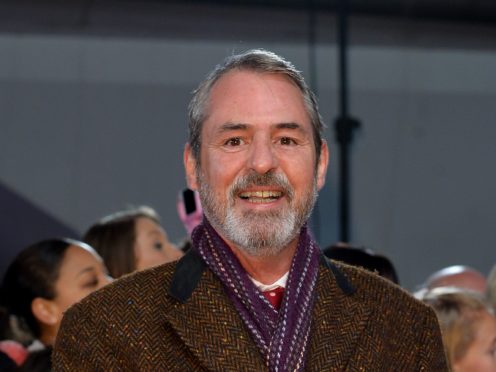Men Behaving Badly star Neil Morrissey said working-class actors are often unrepresented because productions are funded by “Oxbridge people”.
Morrissey, 58, grew up in a care home in Stoke-on-Trent and studied at London’s Guildhall School of Music and Drama with the help of a grant.
The actor, who as well as comedy Men Behaving Badly is known for dramas Waterloo Road and Line Of Duty, said wealthy financiers behind TV projects often “want their own”.

He told the Radio Times: “When Oxbridge people are pumping a lot of money into a production, they want their own.
“We’re (working-class actors) always under-represented, because it’s hard to sell a bunch of northerners to an American network when they consider Brits to be slightly fey James Bond-ish types, not people who work in a factory.”
However, Morrissey believes the pandemic could lead to a shake-up of British TV.
He said: “We just went through a period with all these glamorous series about spies or aspirational families.
“But I’ve got a feeling we’re going to head into a transition period, a bit like the kitchen sink era, where we’re going to want to know about the general public and the frontline workers. I think a lot of people are going to want to tell their stories.”
Read the full interview in the Radio Times.
